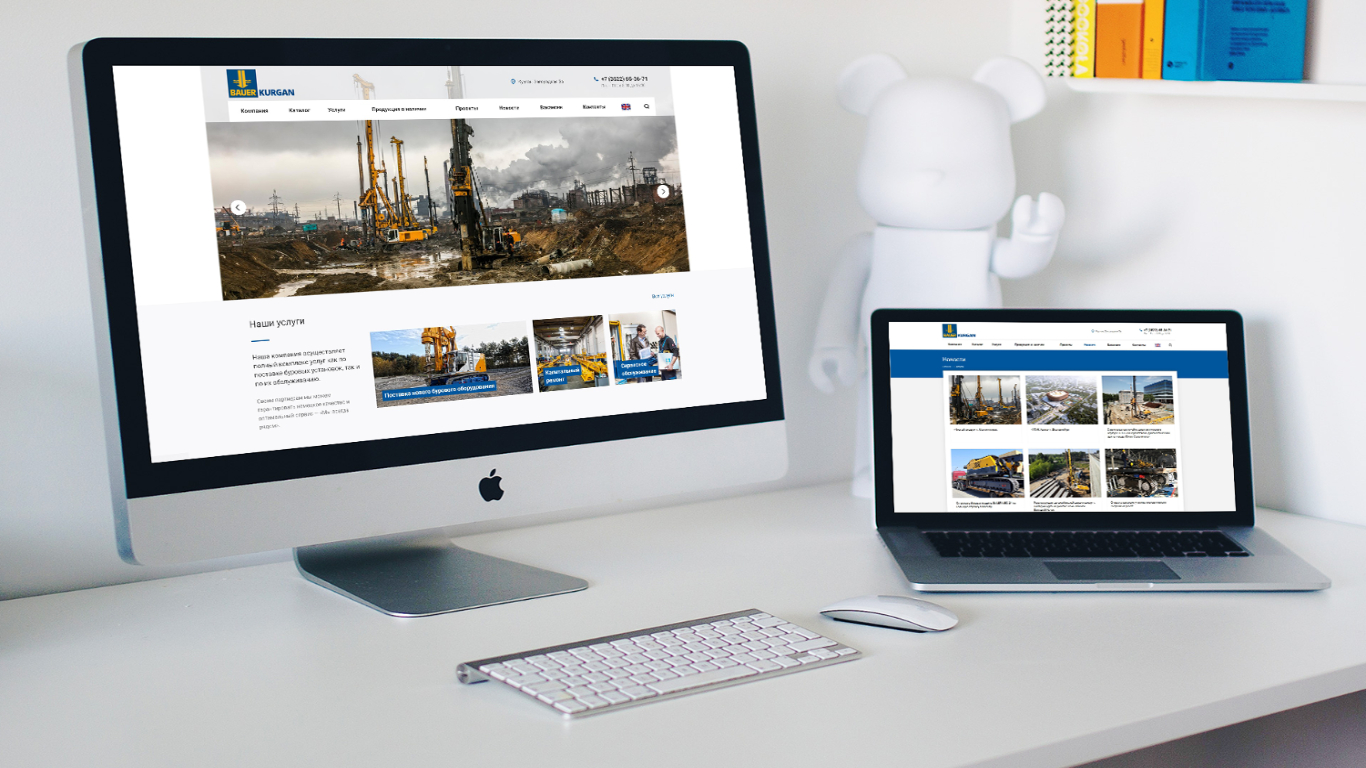How To Plan Website Development
When planning a website development process it’s important to create an internal survey that will help you understand the most important aspects of your website and its business goals.

The most basic details that inform the development of a website are:
- Business details: This usually includes understanding your offering, unique value proposition, brand and other details relevant to website planning.
- Business goals: Setting clear, measurable goals will help your agency develop the most effective strategy to reach them, as well as help you measure web performance over time.
- Target audience: Defining your online target market will help your designers understand their preferences, study their online habits and develop wireframes and interfaces that are most likely to result in great user experience.
- Competition: This is one of the key elements for the research phase and it allows your agency to analyze the competitor’s strengths and weaknesses, and develop a strategy that will result in a market-leading website.
Based on this data, a web design agency will be able to create:
- A wireframe: A layout of the website’s individual pages that outlines the elements and content.
- A sitemap: A map that determines the list of pages and their hierarchy, with both user-centric elements and web crawlers. The sitemap defines and organizes web content and allows for planning the look and functionality of each page.
This stage of website development will help you plan your on-site buyer’s journey, finetune the features and other elements, as well as envision the result.
Choosing the Right Platform (CMS)
If you wish to build a business website that doesn’t use a custom-made backend/platform, choosing one of many content management systems (CMS) is the way to go.
Some of the most popular CMS on the market are WordPress, Joomla, Magento and Kentico, but how do you choose the one that is right for you?
- Do not rely on the developer: Pick a CMS solution that enables your team to focus on implementing strategies that boost web traffic instead of spending time on managing the technology.
- Make sure the CMS is scalable: As your business changes and grows, so should the website. Choose a CMS solution that can follow your business’s growth and apply it to the website.
- Choose a CMS that supports omnichannel: Content exists on many channels, platforms, operating systems, browsers and various devices. The CMS solution you choose should be capable of supporting new channels for your website.
- Make sure the CMS supports third-party integrations: Certain CMS solutions, like headless CMS with robust APIs, will let you connect with third-party content management tools. This is important for easier incorporation of personalized marketing strategies, deep insights into user behavior and integration of marketing automation tools, business intelligence systems and other software that enhances the website’s capabilities.
Choose a CMS that has good support: Finding a content management system that allows developers to work without disrupting the creation and management of content is sure to save your business time and money.


